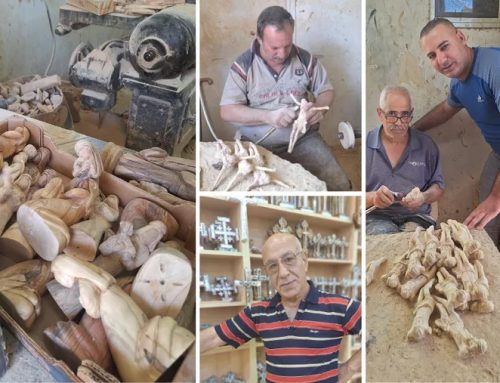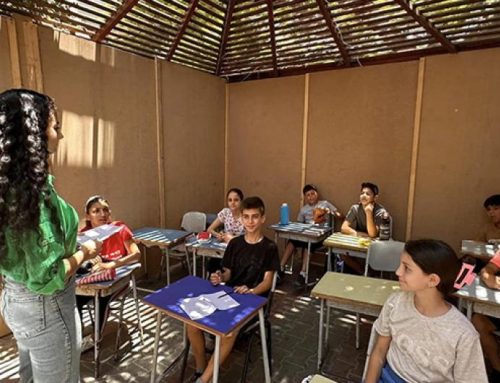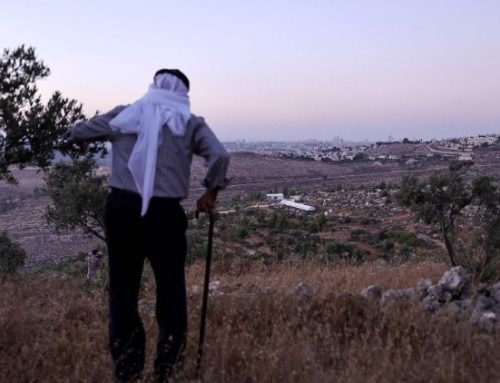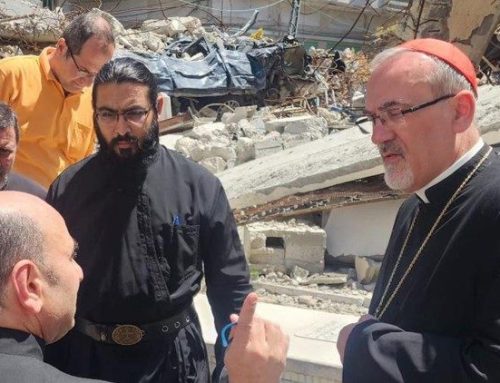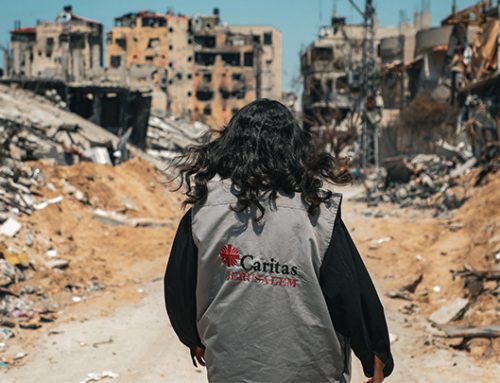The number of Arab Christians living in the Holy Land continues to dwindle and the Mideast peace effort has only made their status more uncertain, speakers at a conference here said yesterday. The number of Arab Christians living in the Holy Land continues to dwindle and the Mideast peace effort has only made their status more uncertain, speakers at a conference here said yesterday.
"It has gotten worse," said Rateb Y. Rabie, president of the Holy Land Ecumenical Foundation. "Before the peace process, [Arab Christians] at least knew where they stood."
Mr. Rabie, organizer of the international conference that ended last night, said that travel, land and settlement restrictions enacted by Israel and the Palestinian Authority cut off more Arab Christians from jobs and holy sites, especially in Jerusalem.
Earlier this month, Israel closed various checkpoints to prevent further violence after a wave of deadly clashes that began in late September in the West Bank and Gaza Strip. Some Palestinian workers were not allowed to enter Israel and return to their jobs because of security concerns, Israeli officials said.
"I have an American passport, so I can easily go to pray at the Holy Sepulchre or the Via Dolorosa in Old Jerusalem," said Mr. Rabie. "But my cousin is Palestinian, so he cannot go there."
Mr. Rabie's foundation is among other groups, such as the Franciscan-backed Holy Land Foundation and Evangelicals for Middle East Understanding, that observe the plight of 160,000 Christians living in the Holy Land.
Evangelicals in the United States are among the strongest backers of the state of Israel, filling up Holy Land tours and identifying a secure Israel as a key outcome in biblical prophecy.
An estimated 130,000 Christians live in Israel, or 2 percent of the population, and another 30,000 reside in the occupied territories. Sociologists estimate that 230,000 Arab Christians have left the region since 1948.
"There are very few Christians now in the refugee camps," said the Rev. Drew Christiansen, adviser to the U.S. Roman Catholic bishops on international affairs. "As a practical matter, I don't think many Christians are interested in returning" to the Palestinian Authority areas.
He added that U.S. mediators in the peace process "have not been Sensitive" to the question of the Christian population.
Jerusalem has 60 churches serving an estimated 10,000 Christians. The Church of St. Mark, serving Syrian Orthodox, for example, has seen its baptisms drop from 600 a year in 1950 to 20 a year now due to falling birth rates.
The conference here, which featured remarks by the Jordanian ambassador to the United States and the PA liaison to the Vatican, included sessions on bolstering income and scholarships for Christians so they can stay in the Holy Land.
The Rev. Emil Salayta, director of education at the Latin Patriarchate in Jerusalem.

